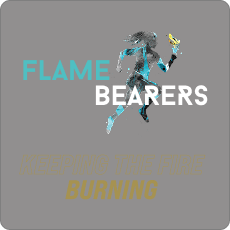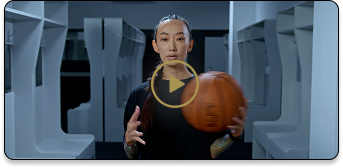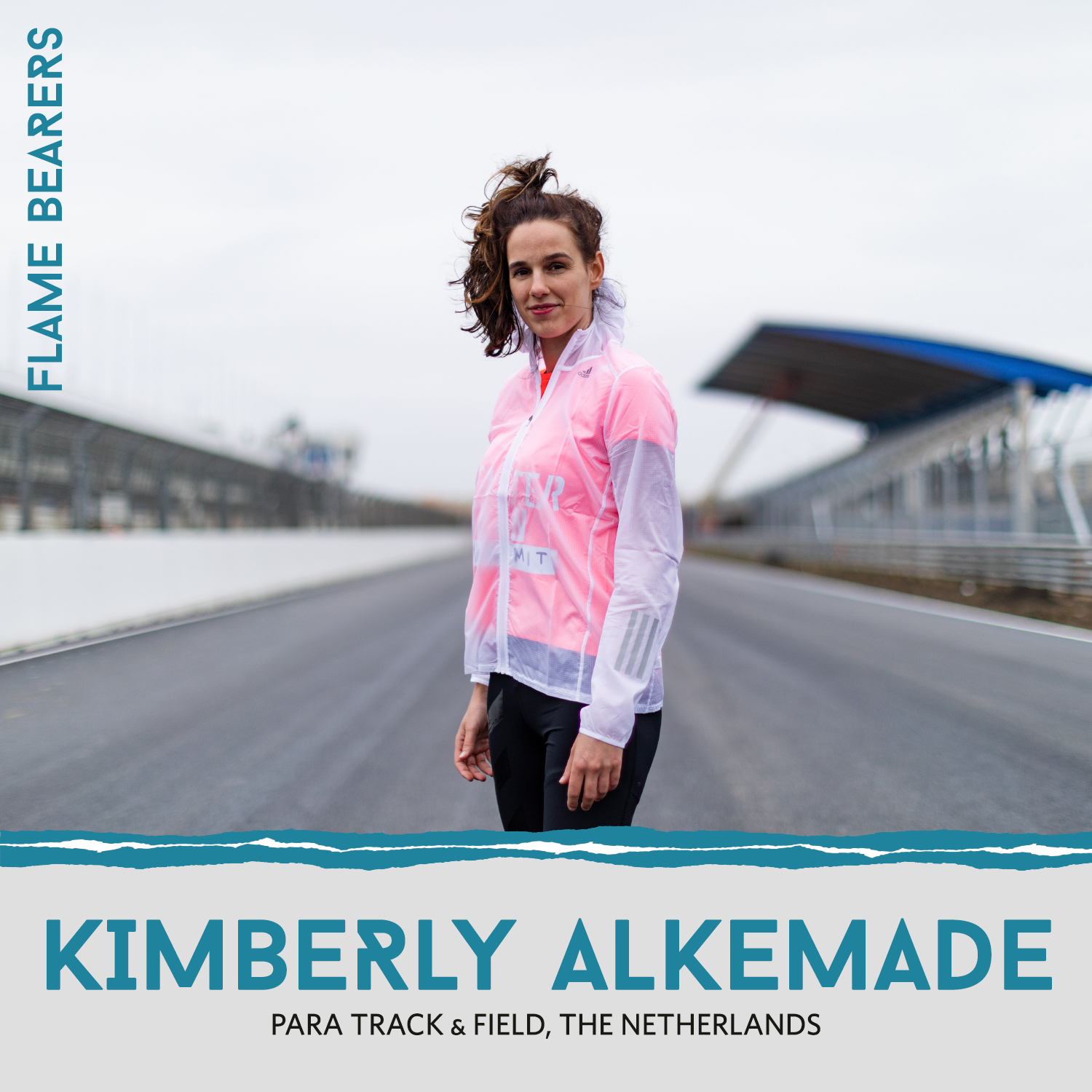Kimberly didn’t start running until she was 27 — she’s now 30. In her 2019 debut race, the World Para Athletics Championships in Dubai, she came away with a silver and bronze medal in the 200m and 100m. She’s seeking to compete on the Danish Para Track and Field Team in Tokyo.
When Kimberly was eight-years old she was in a bus crash that changed her life and how she approaches everything she does. This episode explores the world of running prosthetics, Kimberly’s love of adventure, and her experiences of loss and grief.
NOTE: This episode contains themes that some people may find upsetting, including descriptions of depression and suicide.
Thank you to Producer Michelle Poulin for her terrific efforts spearing this episode!
Experts interviewed include Keith Antoine, Ken Endo, and Dr. Katherine Shear.
Audio clip from Women’s 100m T64 Final | Dubai 2019 YouTube.



